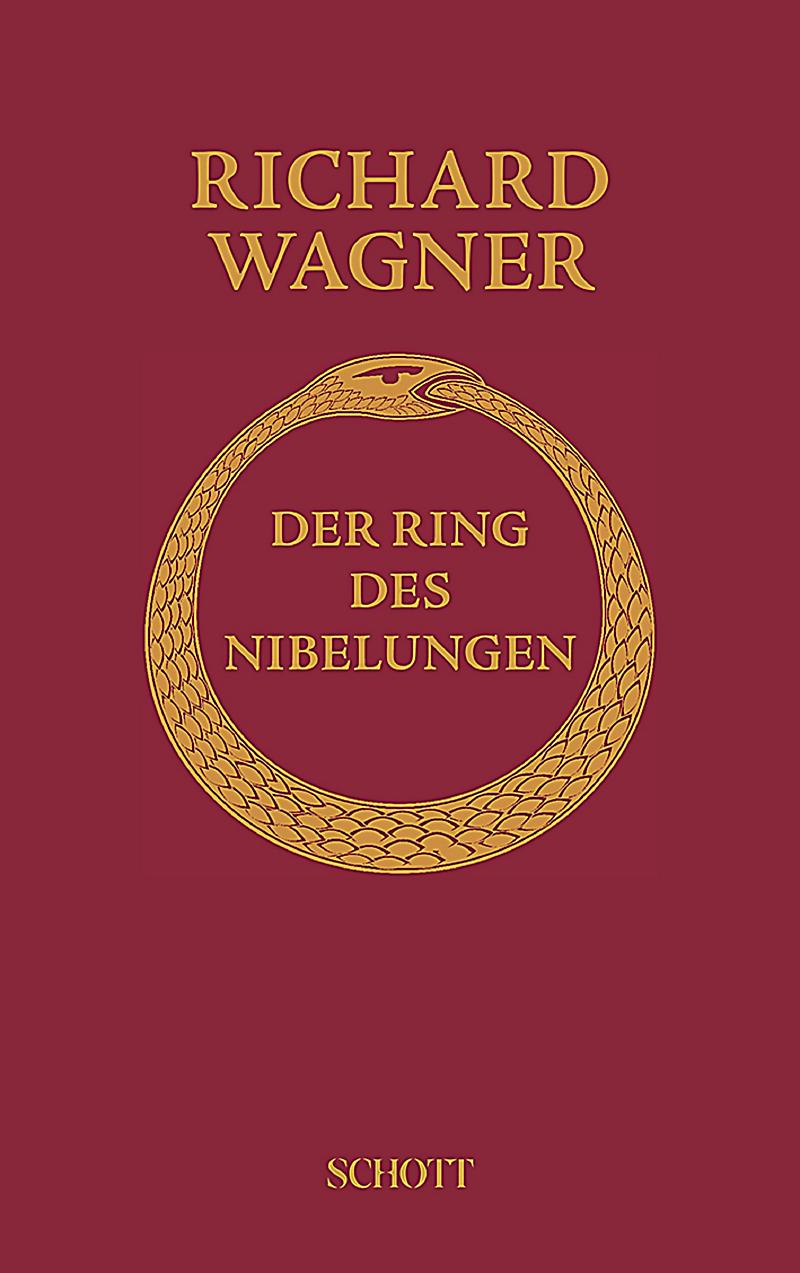
Download recordings of all of Wagner's 'mature' works - free Written By The Wagnerian on Saturday, 10 August 2013| 3:59:00 pm. Wagner's Ring| A Ring of the Nibelung Resource. Royal Opera House announces Ring Cycles for 2018! - Very excited by this announcement. Must start saving now.

ISBN : UOM:39015033738439
Genre : Music
File Size : 57.82 MB
Format : PDF, ePub, Mobi
Download : 517
Read : 343
The effect that the Ring, like all Wagner's mature dramas, has on listeners is strong enough to make individual weaknesses in performances, which there are bound to be in any staging or even purely concert performance of a work involving so many individuals, and lasting so long, less damaging than they might be.
But there are limits, and the first thing that is required is a great Wagner conductor. At present there are none, so it is pointless to hope for a great new recording of the work: and the greatest period of Wagner singing, roughly 1920-1960, means equally that we must look further back for our choices of great recordings than we might for most works.
Title: Wagner - Der Ring des Nibelungen
Label: Decca 414 115-2
Conductor: Georg Solti
- For more about this recording search the Decca website
The BBC is not responsible for the content of external websites.
Der Ring Des Nibelungen Movie
The most famous, partly because the first, Ring ever released, between 1958 and 1966, is conducted by Georg Solti with brazen vigour, and has an ostentatiously glamorous sound - in fact it is all sound effects - but its cast consists too largely of great singers not at their peak, and it is a matter of exciting moments at best, rather than a moving whole. It retains immense prestige, but I wonder how many people still manage to survive listening to it through [Decca 455 555-2, 14 CDs].Title: Wagner - Der Ring des Nibelungen
Label: Deutsche Grammophon DG 457 780-2
Conductor: Herbert von Karajan
- For more about this recording search the Deutsche Grammophon website
Wagner Der Ring Des Nibelungen Download Torrent 2017
The BBC is not responsible for the content of external websites. It was followed closely by the Herbert von Karajan recording, a very different affair, all refinement and silky textures, except for occasional outbursts of brutality. Already, between the late 1950s and a decade later, we can hear a decline in the standard of singing. Whatever weaknesses a recording can absorb, the roles of Wotan, Brünnhilde, Siegfried and Alberich must be at least fairly impressive, and Karajan's recording, with changes for each of the major roles from one drama to the next, shows that he himself was uneasy with the results, and rightly. Marvellous playing from the Berlin Philharmonic is not enough.
It was followed closely by the Herbert von Karajan recording, a very different affair, all refinement and silky textures, except for occasional outbursts of brutality. Already, between the late 1950s and a decade later, we can hear a decline in the standard of singing. Whatever weaknesses a recording can absorb, the roles of Wotan, Brünnhilde, Siegfried and Alberich must be at least fairly impressive, and Karajan's recording, with changes for each of the major roles from one drama to the next, shows that he himself was uneasy with the results, and rightly. Marvellous playing from the Berlin Philharmonic is not enough.